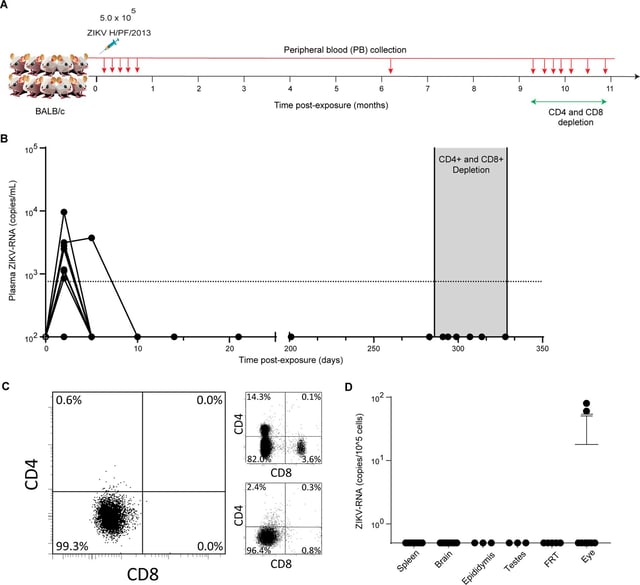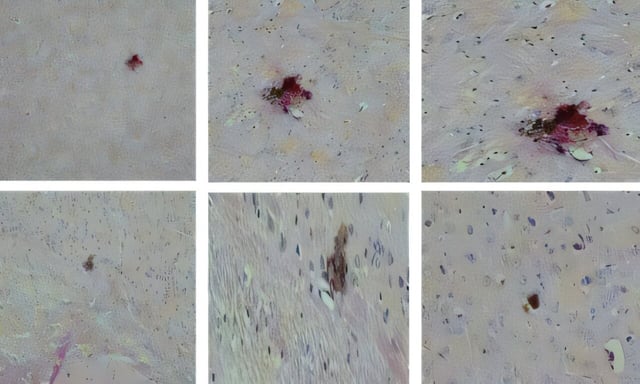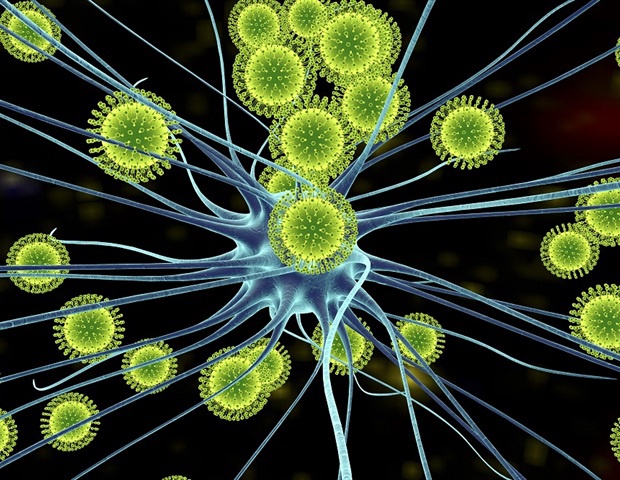Overview
- A Journal of Virology study found a dengue-derived C10 monoclonal antibody, given as a single preventive dose, suppressed Zika replication, blocked shedding in saliva and reproductive secretions, lowered viral loads in brain, eyes and reproductive organs, and improved survival.
- The same research reported that the antiviral DFMA (7-deaza-2'-C-methyladenosine) significantly reduced viremia and extended survival in a preclinical model.
- An npj Vaccines paper from IMT-FM-USP showed a Zika EDIII antigen displayed on a Qβ virus-like particle elicited neutralizing antibodies in mice and protected against brain inflammation and testicular damage.
- The VLP formulation was reported to avoid cross-reaction with dengue, a design intended to reduce the risk of antibody-dependent enhancement.
- With no approved Zika treatments, investigators describe these results as a foundation for passive immunization and vaccination strategies targeting infection in immune-privileged tissues linked to sexual and maternal-fetal transmission.


